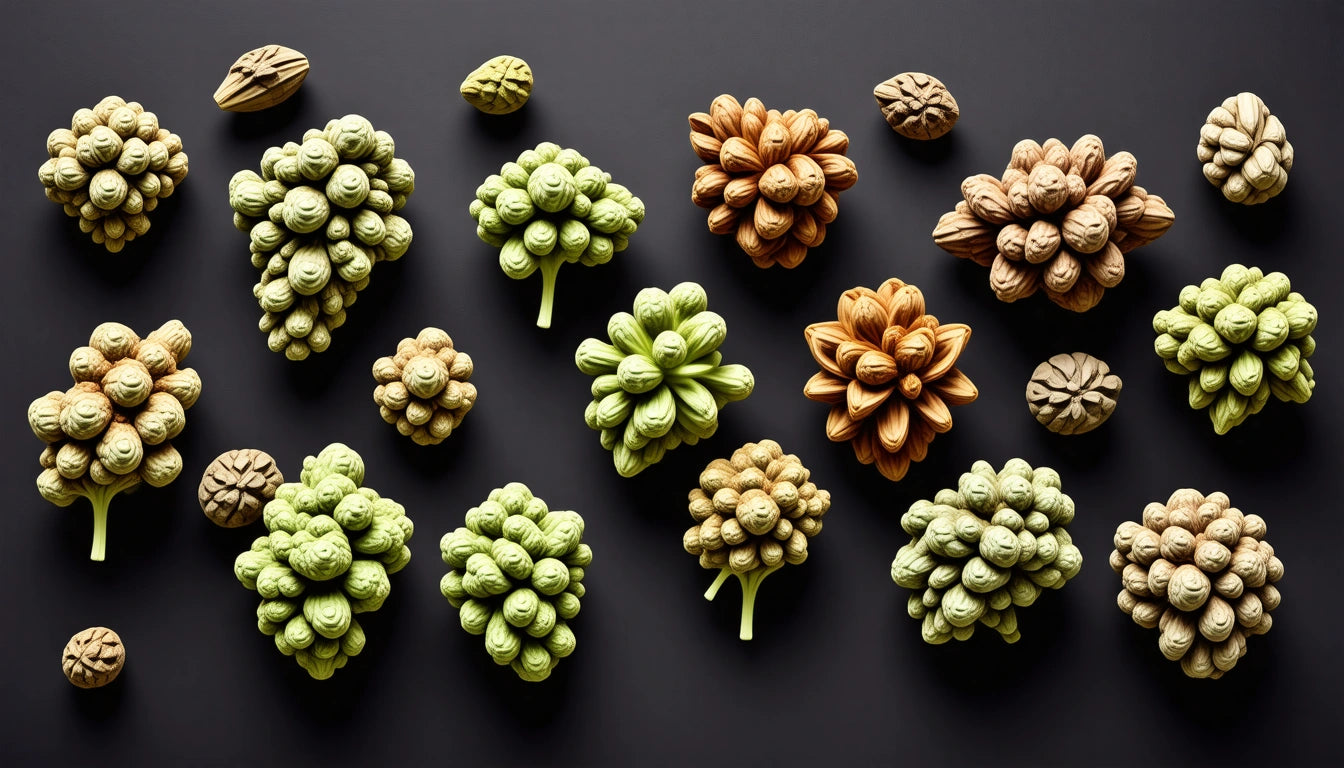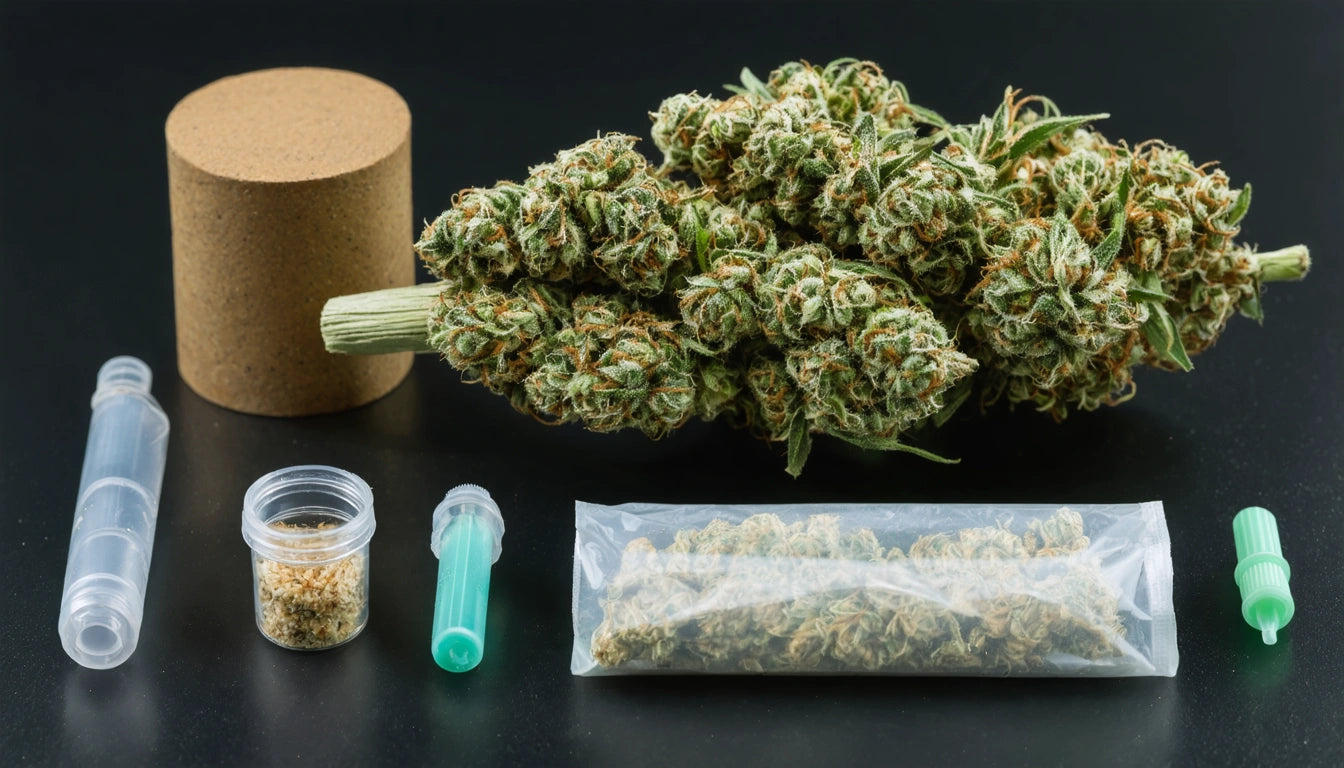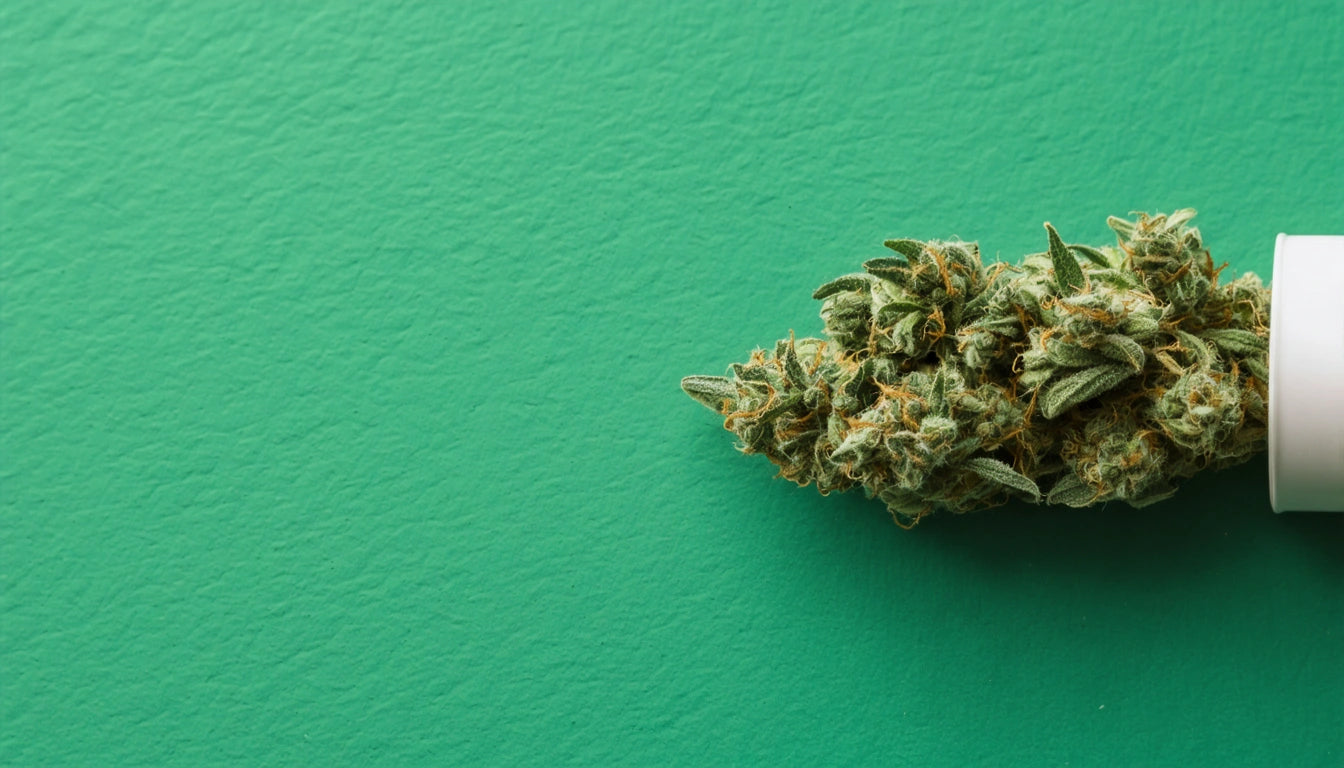Table of Contents
How to Properly Dry Cannabis Buds for Optimal Quality
Properly drying cannabis buds is a crucial step that significantly impacts the final quality, potency, and flavor profile of your harvest. Whether you're a home grower or commercial producer, mastering the drying process ensures your hard work during cultivation pays off with premium-quality flower. This comprehensive guide covers everything you need to know about how to dry marijuana buds effectively.
Importance of Proper Drying for Cannabis Quality
The drying process isn't just about removing moisture from your harvested cannabis. It's a critical post-harvest phase that directly affects:
- Cannabinoid preservation and potency development
- Terpene retention for optimal flavor and aroma
- Prevention of mold and bacterial growth
- Smoke quality and harshness reduction
- Shelf-life extension of the final product
According to our research on effective drying methods, properly dried cannabis can maintain up to 95% of its terpene profile compared to improperly dried buds, which may lose up to 30% of these valuable compounds.
Creating the Ideal Drying Environment
The environment where you dry your cannabis buds plays a pivotal role in the quality of your final product. Let's break down the key environmental factors:
Temperature Control
Temperature management is crucial when learning how to dry weed buds properly. The ideal drying temperature range is 60-70 °F (15-21 °C). Temperatures above 75 °F (24 °C) can cause terpenes to evaporate, while temperatures below 60 °F (15 °C) slow the drying process and may increase the risk of mold.
Humidity Management
Maintaining proper humidity is perhaps the most critical aspect of drying cannabis:
- Initial drying stage: 45-55% relative humidity
- Later drying stage: 40-45% relative humidity
A hygrometer is essential for monitoring these levels accurately. As noted in our ultimate guide to drying and curing, fluctuations in humidity can lead to uneven drying and potential quality issues.
Air Circulation
Proper air circulation prevents moisture buildup around the buds, which can lead to mold. Use fans for gentle, indirect airflow, but avoid pointing fans directly at the drying cannabis as this can cause uneven drying.
Effective Cannabis Drying Methods
There are several proven methods for how to dry pot buds, each with its own advantages:
Hang Drying Method
The traditional and most widely used approach involves:
- Cutting plants into manageable branches
- Removing large fan leaves
- Hanging branches upside down on drying lines
- Maintaining space between branches for airflow
This method allows for slow, even drying and is particularly effective for preserving the trichome integrity of your buds. When preparing for consumption, many growers prefer to use custom pre-rolled cones to showcase their carefully dried flower in the most appealing presentation.
Rack Drying Technique
For those with space limitations or working with individual buds:
- Use mesh drying racks with multiple tiers
- Place trimmed buds in a single layer on each rack
- Rotate buds daily to ensure even drying
Rack drying requires more attention to prevent flattening on one side but can be more space-efficient for larger harvests.
Complete Drying Timeline and Milestones
Understanding the timeline for how to dry marijuana buds properly helps you plan and monitor progress:
- Days 1-3: Initial moisture loss, stems remain flexible
- Days 4-7: Buds become firmer, smaller stems snap when bent
- Days 7-10: Larger stems begin to snap, indicating proper drying
- Days 10-14: Final drying phase, buds should feel dry to touch but not brittle
According to our home drying guide, the snap test is reliable: when smaller stems snap cleanly rather than bend, your cannabis is likely ready for curing.
Common Drying Mistakes to Avoid
Even experienced growers can make these common errors when drying cannabis buds:
- Rushing the process: Drying too quickly leads to harsh smoke and diminished flavor
- Excessive handling: Touching buds frequently can damage trichomes
- Inconsistent environment: Fluctuations in temperature and humidity cause uneven drying
- Insufficient airflow: Stagnant air increases mold risk
- Overdrying: Crispy, brittle buds indicate excessive moisture loss
As detailed in our guide on preventing overdrying, monitoring moisture levels consistently is key to avoiding these pitfalls.
Essential Equipment for Proper Drying
Having the right tools makes the drying process more manageable and successful:
- Hygrometer for monitoring humidity levels
- Thermometer for temperature tracking
- Drying racks or lines for hanging
- Oscillating fans for air circulation
- Dehumidifier or humidifier as needed
- Trimming scissors for preparation
- Light-proof, ventilated drying space
For those seeking faster results while maintaining quality, our guide on quick drying methods offers techniques that balance speed with quality preservation.
Next Steps: From Drying to Curing and Storage
Once your cannabis buds are properly dried, the journey to optimal quality continues with curing and storage:
- Transfer dried buds to airtight glass containers, filling them about 75%
- Store in a cool, dark place and open containers daily for the first week ("burping")
- Monitor humidity inside containers using humidity packs if necessary
- Continue curing for at least 2-4 weeks for optimal flavor development
- For long-term storage, maintain containers in a cool, dark environment
As explained in our ultimate guide to curing techniques, the curing process is where cannabis truly develops its full potential, building upon the foundation of proper drying.
By following these comprehensive guidelines on how to dry cannabis buds, you'll ensure your harvest maintains its potency, flavor, and overall quality from plant to consumption. Remember that patience during this critical phase is an investment in the final experience of your carefully cultivated cannabis.











Leave a comment
All comments are moderated before being published.
This site is protected by hCaptcha and the hCaptcha Privacy Policy and Terms of Service apply.